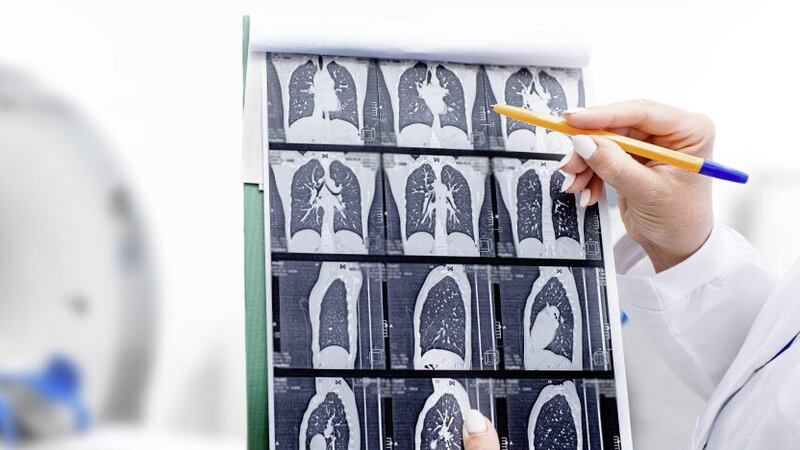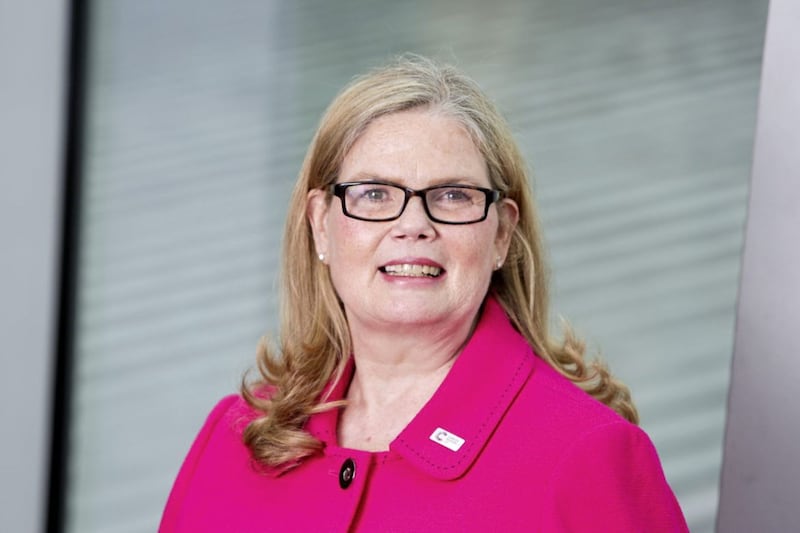A leading charity has challenged MLAs to show leadership as the latest cancer waiting times reveal a “health system in tatters”.
Sarah Christie from Macmillan in Northern Ireland questioned if “an ambitious cancer strategy” would now join a long list of health reforms gathering dust as the Stormont deadlock continues.
The latest quarterly figures from the Department of Health show that targets are still being missed.
In the quarter ending in September last year, 2,373 (88.2 per cent) of patients started treatment within the target of 31 days.
This compared to 86.2 per cent in the quarter ending in June 2022 and 90% in the quarter ending in September 2021.
In the same period, 527 (39.5 per cent) of patients started treatment within the target of 62 days, which compared to 37.7 per cent up to June 2022 and 46.1 per cent in the quarter ending September 2021.
“Today’s statistics once again reveal what we all know - our health system is in tatters, despite the incredible efforts of our health care professionals,” Ms Christie said.
“At what point do our elected representatives say ‘enough is enough’? Waiting for treatment for cancer is one of the most stressful, anxiety-inducing times for people and here we are again, yet another round of targets missed with no urgency to address the cause.”
She added that without “political conviction for change,” Northern Ireland’s cancer strategy would soon be added to a “long list of worthwhile but redundant publications.”
“We can only hope that next week’s Stormont talks demonstrate the political leadership and accountability we expect from MLAs.”
In March last year, the former Health Minister Robin Swann launched a new 10-year cancer strategy which included £2.3m for the first year.
There was progress last month as rapid diagnosis centres were opened in Whiteabbey Hospital and South Tyrone Hospital in Dungannon.
Without an agreed multi-year budget, however, the Department of Health has said planning beyond 2023 would be “extremely challenging”.
Margaret Carr from Cancer Research UK said she was “deeply concerned” that the last six months were the “worst on record” for Northern Ireland.
“Delays with diagnosis and starting treatment may make it more difficult to treat cancer successfully and can cause significant anxiety for patients,” she said.
“Despite the tireless efforts of healthcare workers, patients are waiting too long for treatment due to years of underinvestment in cancer services.
“Cancer is Northern Ireland’s biggest killer and year on year, more people are being diagnosed with the disease. Northern Ireland’s cancer strategy includes actions to deal with increased demand, but it is effectively on hold due to the absence of an Executive. Inaction is putting increased pressure on health professionals and ultimately putting cancer patients’ lives at risk.
“The implementation of the strategy – and the agreed budget to do so – is critical if we are to have any chance of improving diagnosis, treatment and care for the thousands of people diagnosed with cancer in Northern Ireland every year.”







